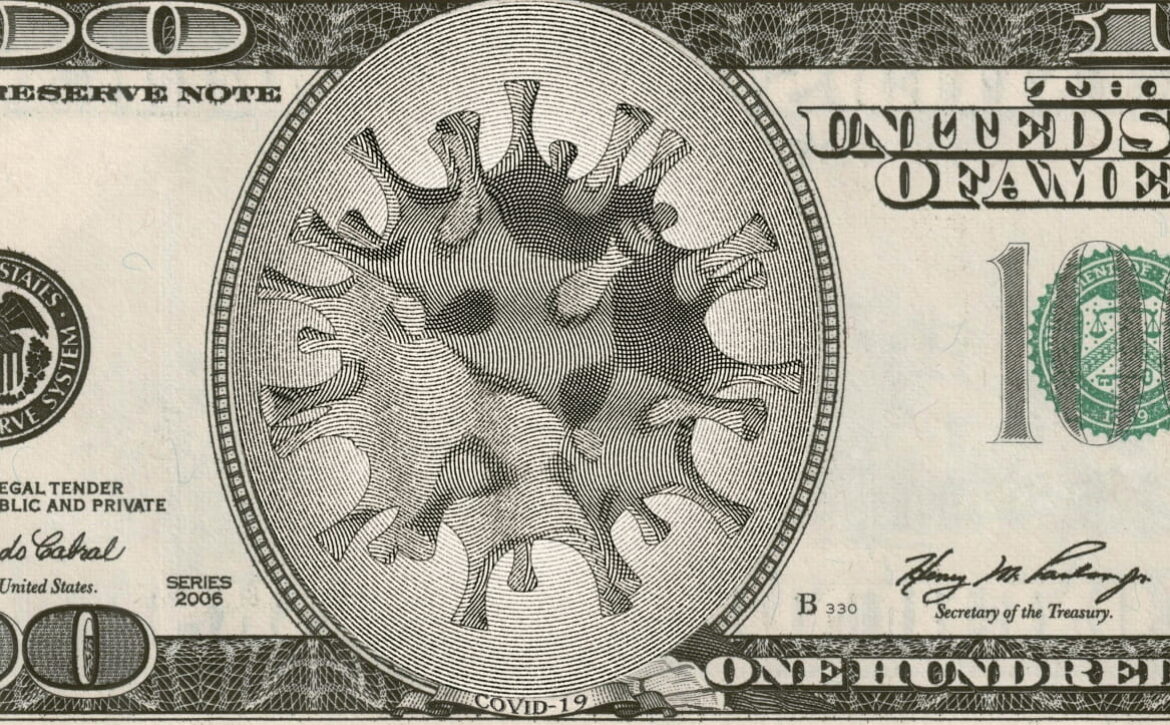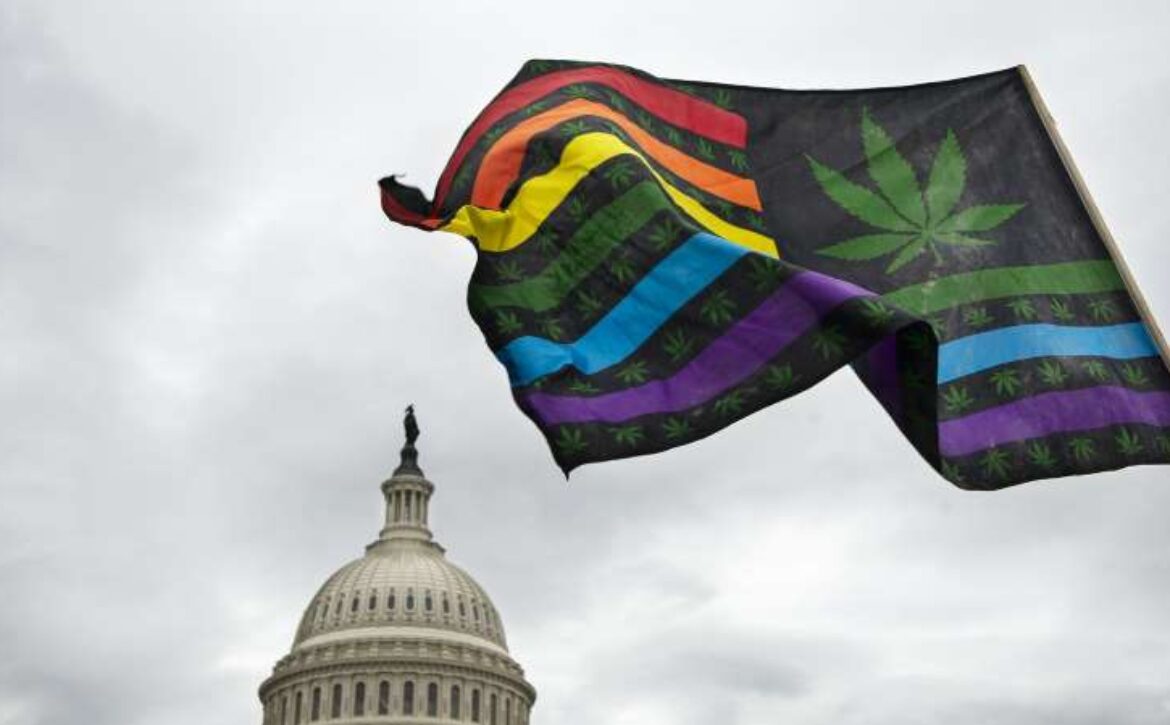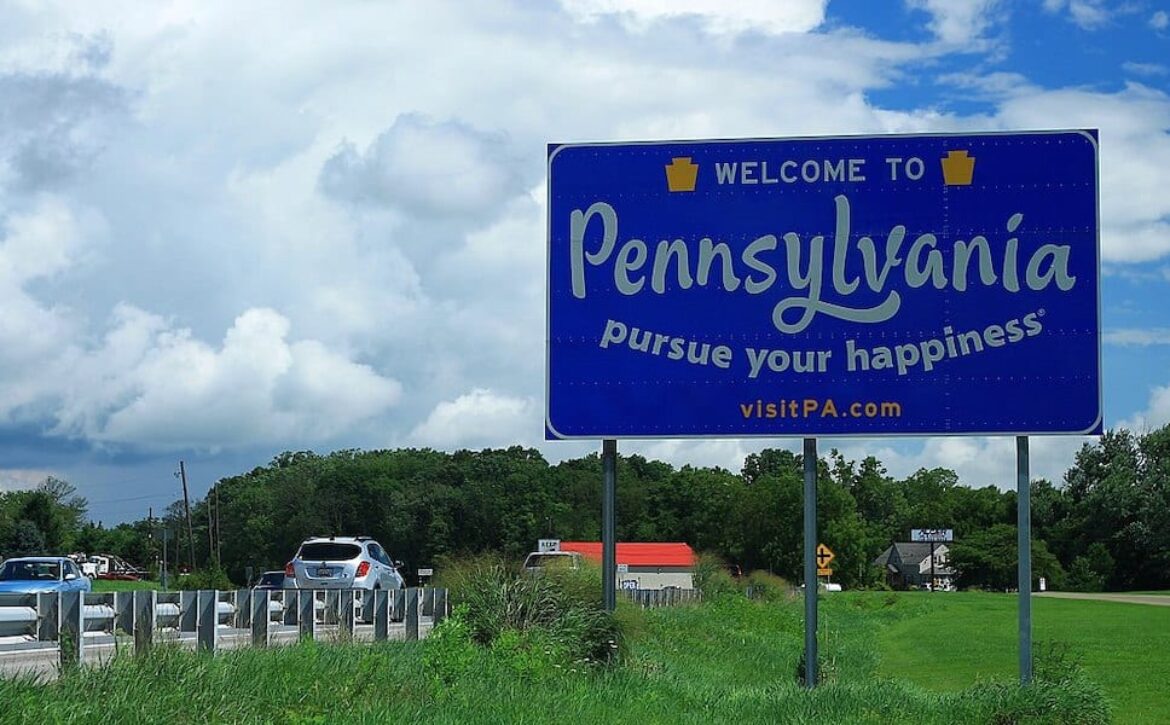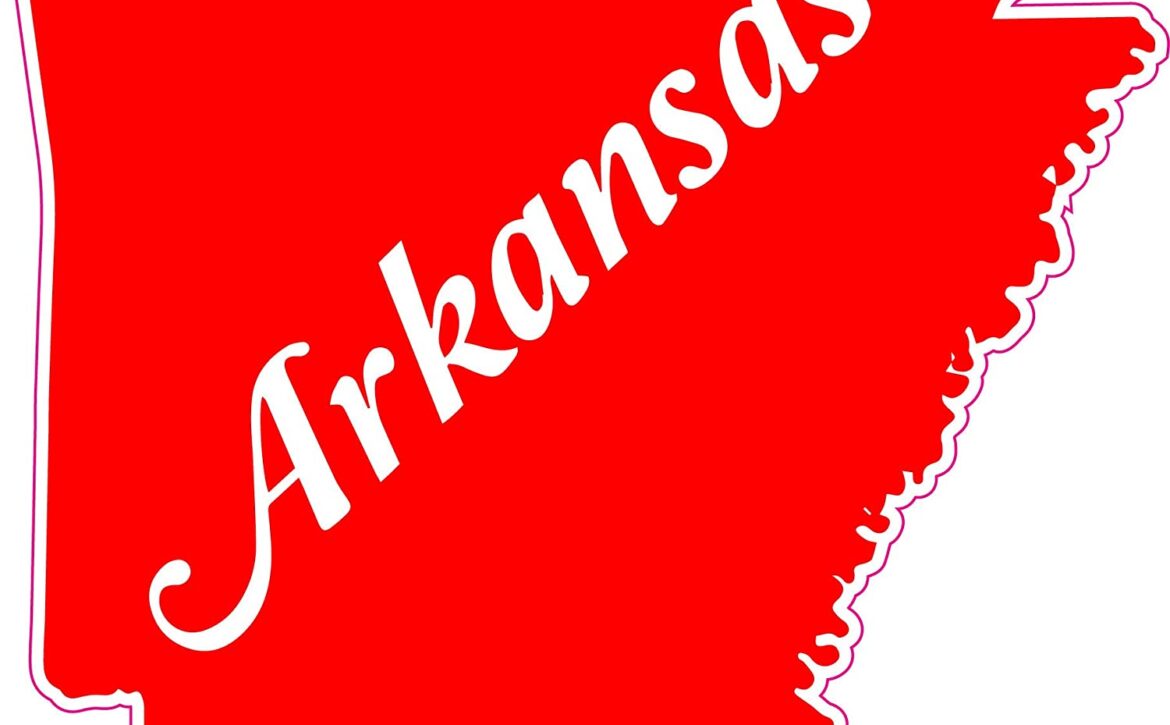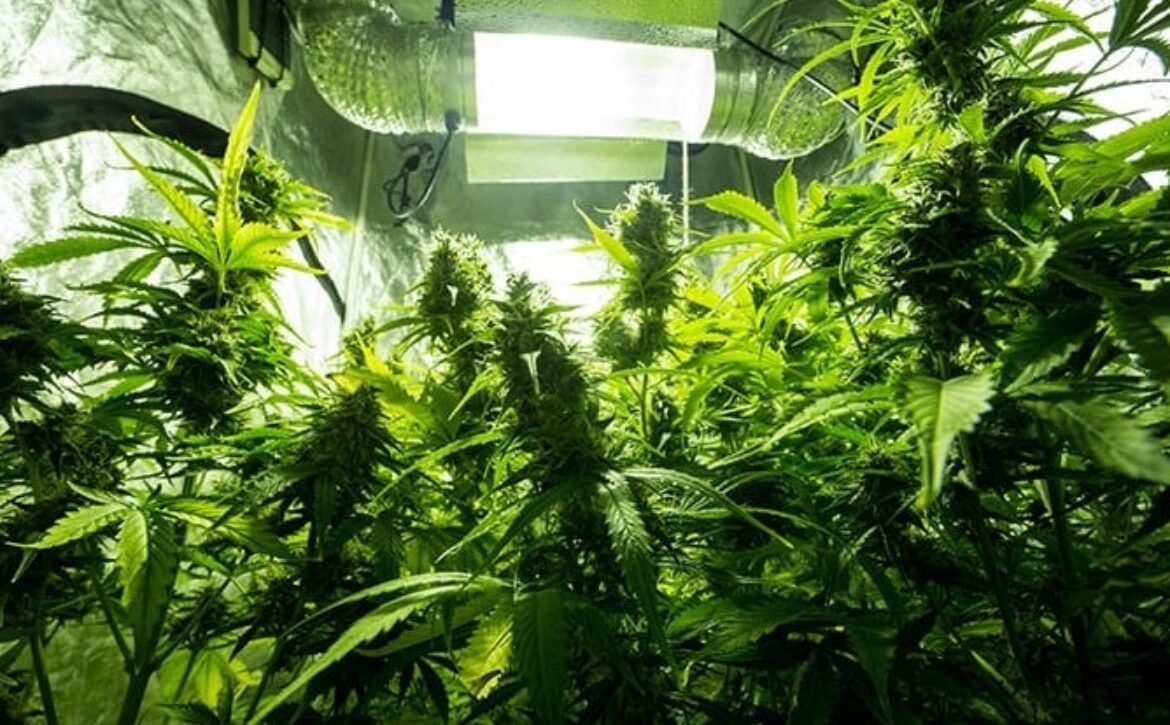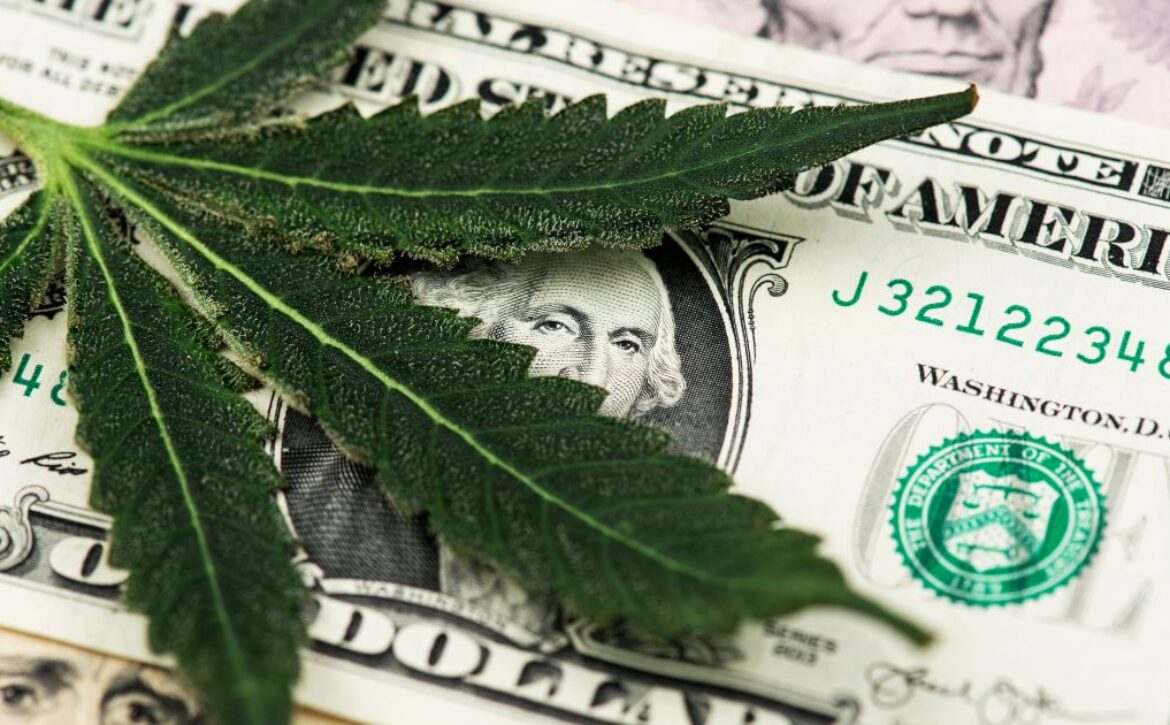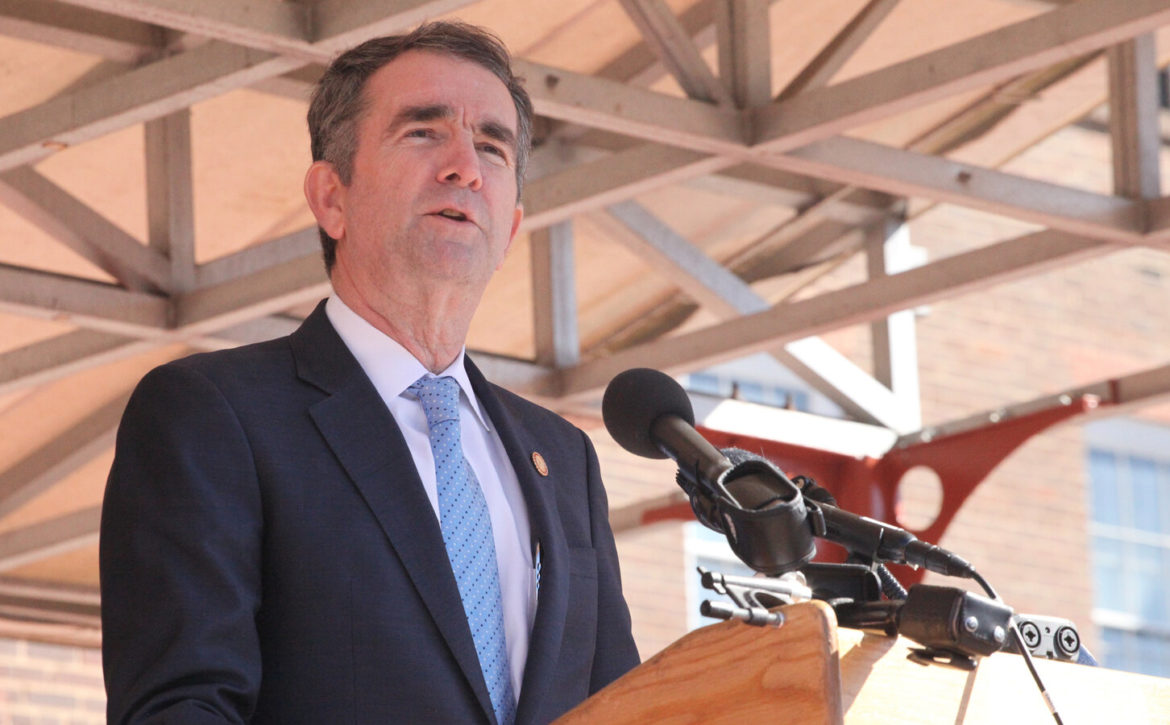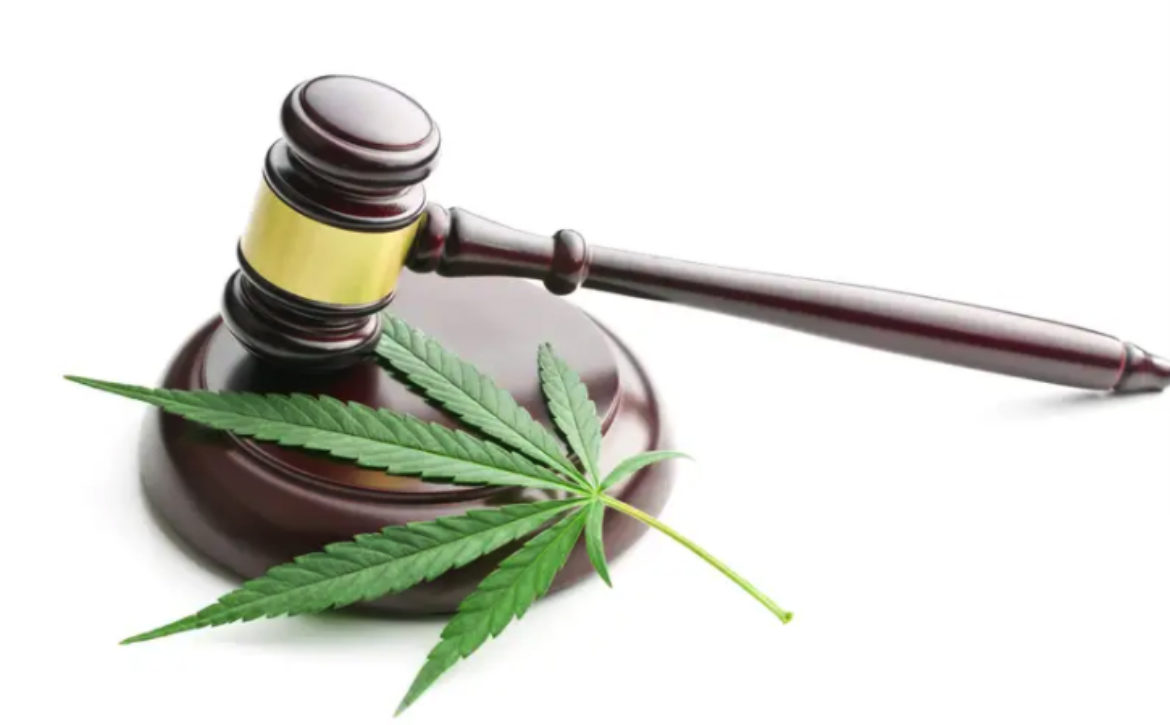$1.9 Trillion Coronavirus Stimulus Package Offers Marijuana-Related Firms More Options for Financial Help
- Cannabis-related firms again face hurdles in qualifying for financial relief under the newly enacted $1.9 trillion coronavirus stimulus package, but the door has opened wider for hard-hit companies, especially small and economically disadvantaged businesses.
The American Rescue Plan Act of 2021 (ARPA) includes three programs worth exploring, marijuana industry experts said.
Two offer billions of dollars in loans and grants, while another provides tax credits:
- State Small Business Credit Initiative: More than $10 billion is being funneled to states to support small businesses, economically disadvantaged businesses and micro-businesses. Some experts believe state rather than federal rules should apply, potentially opening up funds for marijuana businesses operating in state-legal markets.
-
Employee Retention Credit: Requirements for these payroll tax credits have been relaxed some, and credits now could be in play for cannabis-related firms that have experienced a year-to-year drop in receipts of 20% or more (the previous standard was 50%).
- Payroll protection loans and grants: The same strict requirements persist from the two previous economic stimulus rounds, but experts note that banks, which issue the loans and grants, ultimately determine whether a business qualifies.
Overall, though, it’s tough for cannabis-related businesses to tap the funds, especially those that are plant-touching.
“Once again, the cannabis industry has (largely) been left out of coronavirus relief, and likely that will only change once marijuana is legal federally,” said Josh Kappel, a founding partner of Denver-based law firm Vicente Sederberg.
Potential help through states
Steve Schain, a senior attorney in New Jersey and Pennsylvania for the Hoban Law Group, views the situation more bullishly.
He sees the State Small Business Credit Initiative as a funding possibility for both ancillary and plant-touching businesses. The initiative provides the following funding to state-run, small business-financing programs, Schain said:
- $10 billion to support small businesses recovering from pandemic impacts.
- $2.5 billion to support small businesses majority-owned by social and economically disadvantaged individuals.
- $500 million to “very small businesses” with fewer than 10 employees.
Some of those funds “could be in play for marijuana companies,” Schain said.
To Continue Reading go to: Marijuana Business Daily
